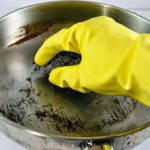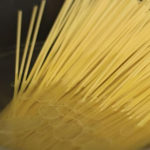Managing a household, one of the challenges that homemakers often face is saving money. There are numerous aspects of saving that homemakers need to pay attention to, such as saving money, water, gas, and electricity. Among these, saving gas is particularly important for minimizing monthly household expenses.
The longevity of a gas cylinder depends on several factors, including the condition of the stove, cleanliness of cooking utensils, and proper usage of the stove. To save gas and reduce costs, it is important to follow the following tips:
Adjust the flame:
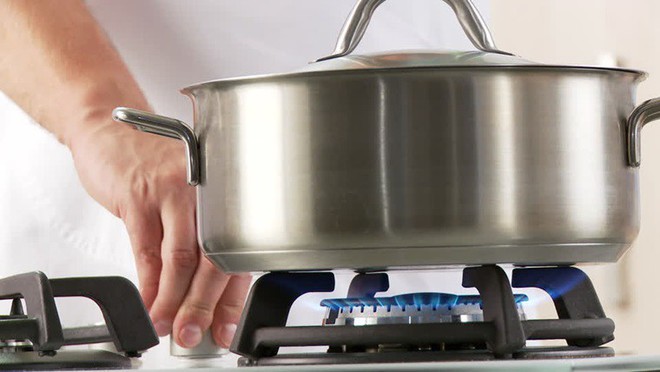
Contrary to popular belief, bigger flames do not necessarily lead to faster cooking times or less gas consumption. If the flame is set too high, with the flame larger than the circumference of the bottom of the pot, it will result in increased gas consumption. The heat will be dispersed instead of concentrated at the bottom of the pot, leading to longer cooking times. To save gas, adjust the flame to match the size of the pot and ensure it is appropriate for the stove. This will prevent flames from overflowing around the pot.
Use the right pot for cooking:
When cooking a larger quantity of food, use a large pot or pan. Conversely, for smaller amounts, use a small pot to avoid wasting gas. Ensure that the contact surface of the pot or pan with the flame is clean to reduce the amount of fuel required for heating. Additionally, before cooking, thoroughly dry the pot and remove any water from the surroundings instead of placing it on the stove to dry.
Use the appropriate amount of water:
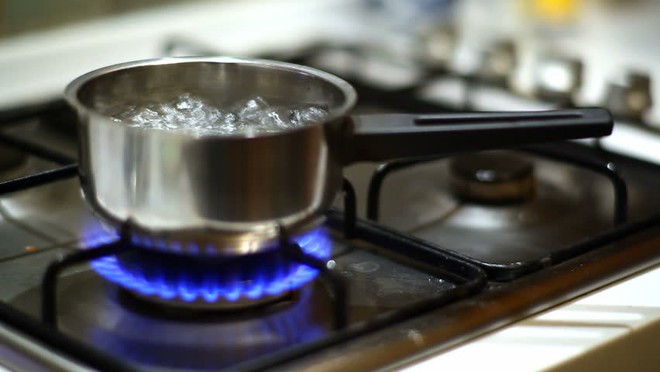
To save gas, use the appropriate amount of water. More water leads to longer boiling times and increased fuel consumption. Only add water when necessary during cooking to avoid prolonged boiling.
Minimize turning the stove on and off:
Surprisingly, repeatedly turning the stove on and off wastes a significant amount of gas. Therefore, ensure that all ingredients are ready and cook efficiently to reduce the number of times the stove needs to be turned on and off.
Maintain the gas cylinder and stove:
Regularly clean the gas stove to prevent dust and food debris from blocking the gas holes. Blocked gas holes result in uneven burning and waste more gas while increasing cooking time. Additionally, consider using a wind barrier for the stove to focus the heat directly on the bottom of the pot and save energy.
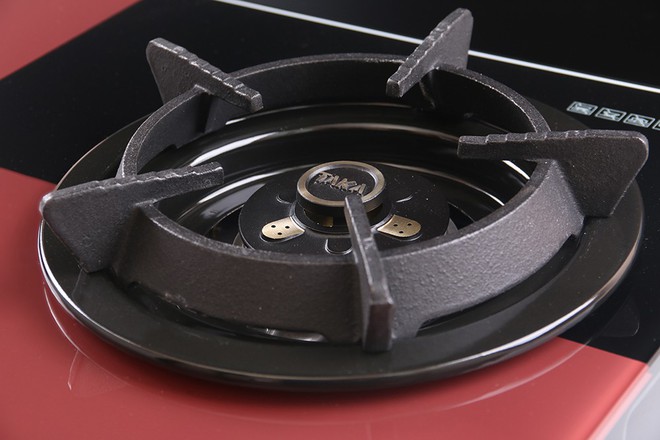
Finally, always remember to turn off the gas after each use to prevent leakage and ensure safety.
(Source: Compilation)
“Strategies for Minimizing Gas Usage During Cooking”
 Gas Usage During Cooking”’>
Gas Usage During Cooking”’>Families looking for ways to save on gas costs are increasingly turning to efficient and safe methods of stove-use.
























